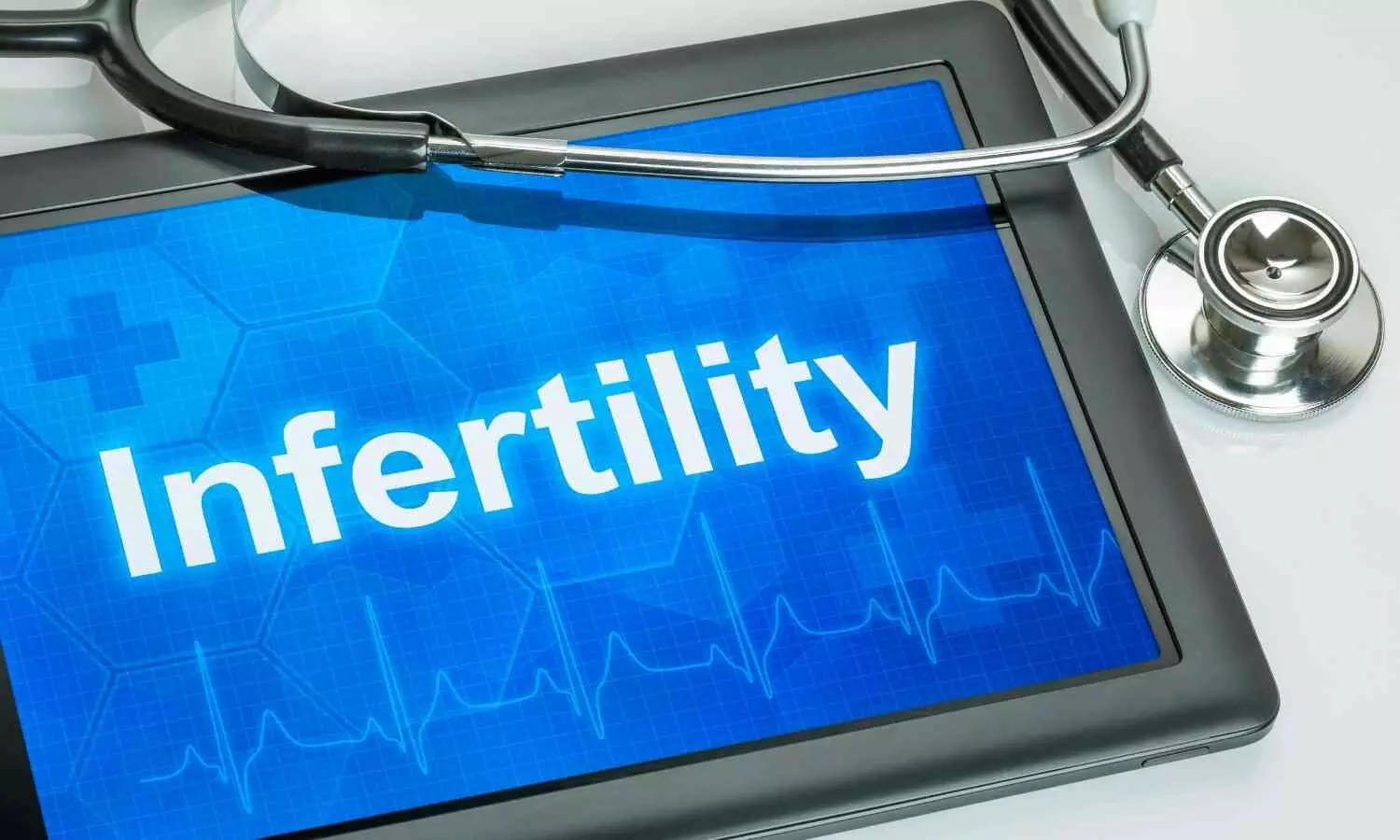Male infertility in Indian men linked to lifestyle choices and hormonal imbalances: Study
- byDoctor News Daily Team
- 13 October, 2025
- 0 Comments
- 0 Mins

A new research paper was published in Volume 12 of Oncoscience on September 30, 2025, titled "Lifestyle and hormonal factors affecting semen quality and sperm DNA integrity: A cross-sectional study." In this study, Saniya Imtiyaz Chamanmalik, Rajendra B. Nerli, and Pankaja Umarane from KLE Academy of Higher Education and Research and Dr. D. Y. Patil Medical College, Hospital and Research Centre discovered that some lifestyle choices and hormone changes can significantly impact men’sreproductive health. These findings are especially important as male infertility continues to increase in India and around the world. Infertilityaffects one in six couples globally, with male-related factors contributing to nearly half of all cases. This study addressed a major research gap in India by examining how modifiable behaviors andhormonelevels influence semen quality and the genetic integrity ofsperm. The researchers studied 278 Indian men aged 21 to 50. Nearly half of the participants showed abnormal semen parameters. While older age did not reduce semen volume or motility, men over 40 had higher levels of sperm DNA fragmentation, a key marker of genetic damage and reduced fertility potential. The study found strong associations between poor lifestyle choices and reduced sperm function. Tobacco and alcohol use significantly lowered sperm count, motility, and shape. Alcohol also increased sperm DNA fragmentation, which could negatively affect embryo development. Men exposed to high temperatures at work had more DNA-damaged sperm, showing the harmful impact of heat. Body weight also played a major role: both underweight and overweight men had lower semen quality and higher DNA damage compared to men of normal weight. “Tobacco and alcohol use were strongly associated with reduced sperm concentration, motility, and morphology (p < 0.001).” In addition to lifestyle factors, the study also highlighted the role of hormones in male fertility. Men with low testosterone or high prolactin levels had worse semen profiles. Notably, low levels of anti-Müllerian hormone (AMH) were strongly associated with higher sperm DNA fragmentation. Since AMH is produced by cells that support sperm development, it may serve as a useful new marker of sperm health. Levels of other hormones like FSH and LH remained stable, suggesting that targeted hormone testing could improve fertility assessment. This study used the most recent World Health Organization guidelines for semen analysis and included advanced exams for sperm DNA fragmentation. The results suggest that traditional semen testing may miss important indicators of fertility. Including lifestyle evaluation and hormone profiling could help identify reproductive problems earlier and lead to more effective treatments. While the study was limited to a single center and did not include long-term follow-up, it provided valuable information about the growing challenge of male infertility in India. The findings support public health efforts to promote healthier lifestyles and regular hormone screening. Future research may help determine whether lifestyle changes or hormone therapies can repair sperm damage and improve fertility outcomes. Chamanmalik S.I., Nerli R.B., Umarane P. Lifestyle and hormonal factors affecting semen quality and sperm DNA integrity: A cross-sectional study. Oncoscience. 2025; 12:115-129. https://doi.org/10.18632/oncoscience.627
Disclaimer: This website is designed for healthcare professionals and serves solely for informational purposes.
The content provided should not be interpreted as medical advice, diagnosis, treatment recommendations, prescriptions, or endorsements of specific medical practices. It is not a replacement for professional medical consultation or the expertise of a licensed healthcare provider.
Given the ever-evolving nature of medical science, we strive to keep our information accurate and up to date. However, we do not guarantee the completeness or accuracy of the content.
If you come across any inconsistencies, please reach out to us at
admin@doctornewsdaily.com.
We do not support or endorse medical opinions, treatments, or recommendations that contradict the advice of qualified healthcare professionals.
By using this website, you agree to our
Terms of Use,
Privacy Policy, and
Advertisement Policy.
For further details, please review our
Full Disclaimer.
Recent News
Can Taking 4,000 Steps Just Once a Week Lower the...
- 24 October, 2025
Cochrane Review Supports Immediate Skin-to-Skin Co...
- 24 October, 2025
Soft Drink Consumption May Trigger Depression - He...
- 24 October, 2025
GERD Linked to Higher Risk of Developing Alcohol U...
- 24 October, 2025
Daily Newsletter
Get all the top stories from Blogs to keep track.


0 Comments
Post a comment
No comments yet. Be the first to comment!